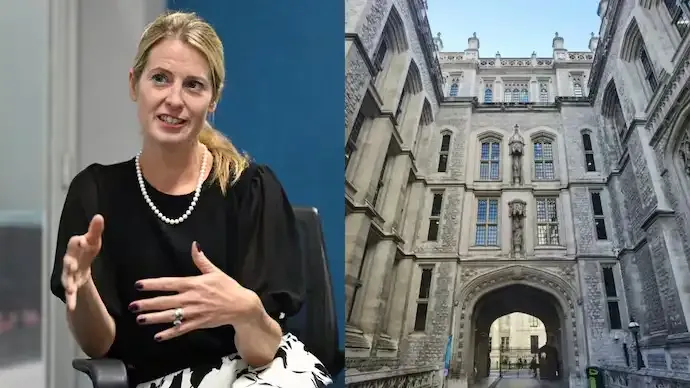Shopping cart
Your cart empty!
Terms of use dolor sit amet consectetur, adipisicing elit. Recusandae provident ullam aperiam quo ad non corrupti sit vel quam repellat ipsa quod sed, repellendus adipisci, ducimus ea modi odio assumenda.
Lorem ipsum dolor sit amet consectetur adipisicing elit. Sequi, cum esse possimus officiis amet ea voluptatibus libero! Dolorum assumenda esse, deserunt ipsum ad iusto! Praesentium error nobis tenetur at, quis nostrum facere excepturi architecto totam.
Lorem ipsum dolor sit amet consectetur adipisicing elit. Inventore, soluta alias eaque modi ipsum sint iusto fugiat vero velit rerum.
Sequi, cum esse possimus officiis amet ea voluptatibus libero! Dolorum assumenda esse, deserunt ipsum ad iusto! Praesentium error nobis tenetur at, quis nostrum facere excepturi architecto totam.
Lorem ipsum dolor sit amet consectetur adipisicing elit. Inventore, soluta alias eaque modi ipsum sint iusto fugiat vero velit rerum.
Dolor sit amet consectetur adipisicing elit. Sequi, cum esse possimus officiis amet ea voluptatibus libero! Dolorum assumenda esse, deserunt ipsum ad iusto! Praesentium error nobis tenetur at, quis nostrum facere excepturi architecto totam.
Lorem ipsum dolor sit amet consectetur adipisicing elit. Inventore, soluta alias eaque modi ipsum sint iusto fugiat vero velit rerum.
Sit amet consectetur adipisicing elit. Sequi, cum esse possimus officiis amet ea voluptatibus libero! Dolorum assumenda esse, deserunt ipsum ad iusto! Praesentium error nobis tenetur at, quis nostrum facere excepturi architecto totam.
Lorem ipsum dolor sit amet consectetur adipisicing elit. Inventore, soluta alias eaque modi ipsum sint iusto fugiat vero velit rerum.
Do you agree to our terms? Sign up

“London is a phenomenally exciting place.” For Dr. Robyn Klingler-Vidra, Vice Dean for Global Engagement at King’s Business School, these words are not a casual remark but a reflection of her experience spanning over a decade at King’s College London. Having observed students navigate challenges, adapt, and ultimately thrive, she believes higher education today is less about crossing borders and more about fostering purposeful connections.
Indian students form 10–15% of the King’s Business School community, with numbers on the rise. Dr. Klingler-Vidra highlights recent growth: a 48% jump in postgraduate applications, a 70% increase in offers, and a 67% rise in enrollments from India.
Rather than focusing solely on recruitment, King’s College emphasizes integration. Through progression agreements and accelerated admissions, the institution streamlines processes, reduces paperwork, and in some cases waives fees for exceptional candidates. Five MoUs with Indian institutions — the latest with OP Jindal — ensure easier student mobility, joint research, and meaningful academic exchanges.
Partnerships, according to Dr. Klingler-Vidra, are valuable only when they result in real collaboration. King’s has longstanding relationships with institutes like IIM Kozhikode, supported by initiatives such as the External Engagement Incubation Fund (EEIF). This fund drives joint research, thought leadership, and student exchanges, turning memorandums into practical projects.
In today’s digital-first world, King’s blends physical and virtual learning. London itself becomes an extended classroom, with students gaining exposure through internships, industry events, and vibrant cultural experiences.
Artificial Intelligence, rather than being feared, is embraced as a learning tool. “Use Gemini, use ChatGPT,” Dr. Klingler-Vidra advises students, emphasizing critical evaluation of AI outputs. Assessments are evolving to reflect workplace realities — with more group work, presentations, and oral exams — recognizing that the ability to refine AI-driven insights is a vital skill.
Challenging the narrative that more startups automatically solve societal issues, Dr. Klingler-Vidra underlines the importance of systemic thinking. Startups, she explains, can either disrupt or enhance larger firms, and the real question is how they integrate into wider industrial ecosystems, particularly in dynamic markets like India.
For Indian students, London’s cosmopolitan character offers unparalleled opportunities. From government and finance to tech hubs, the city is a global nerve center. Student clubs, cultural communities, and diverse marketplaces enrich the experience beyond academics.
Her message is clear: accessibility, integration, and academic rigor define King’s College’s India–UK ties. Scholarships with the British Council, simplified admissions, and research-backed collaborations make the institution’s approach deeply practical.
As Dr. Klingler-Vidra puts it, the real promise is simple yet compelling: apply with ease, learn with purpose, explore with curiosity, and let London shape your journey.
7
Published: Sep 19, 2025